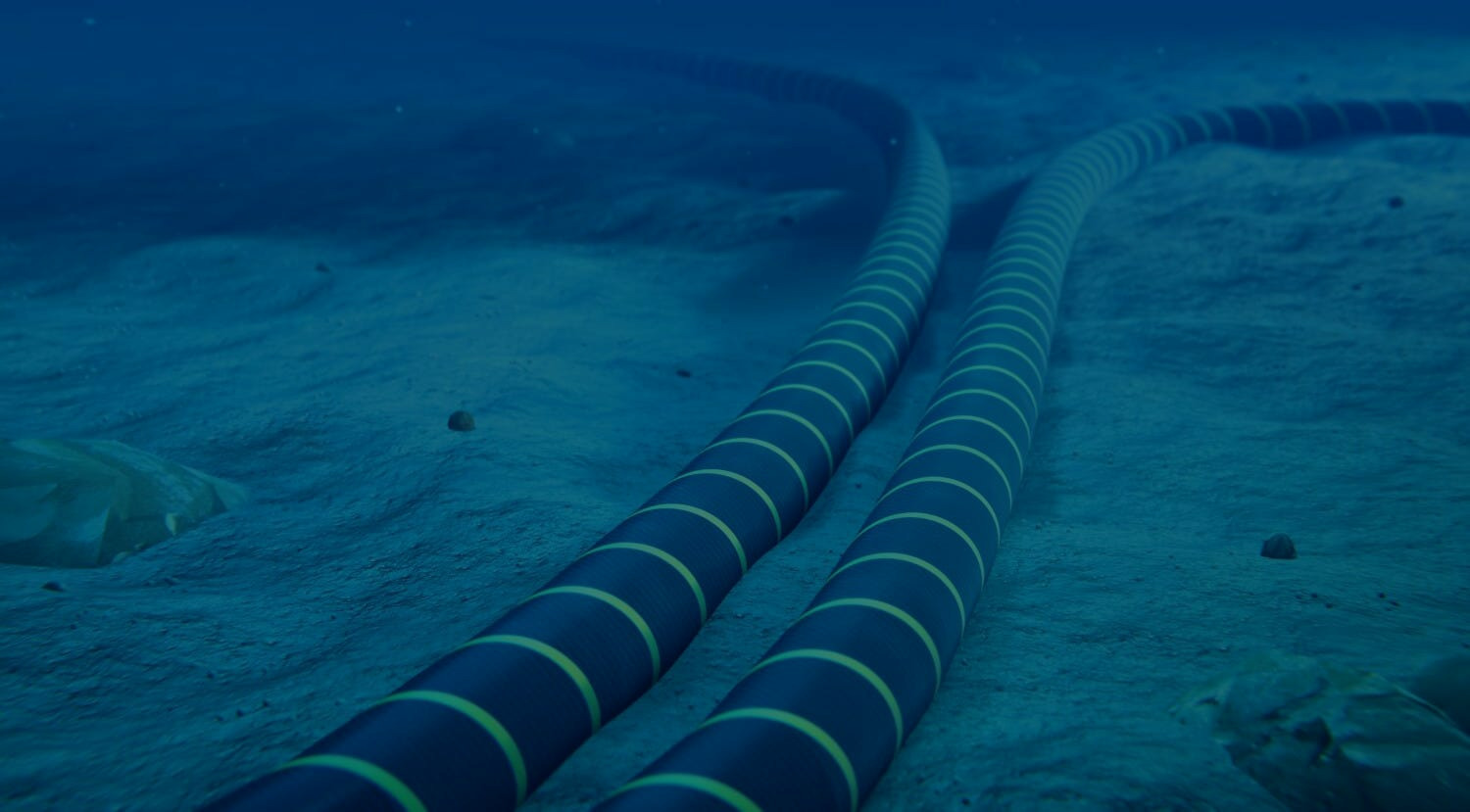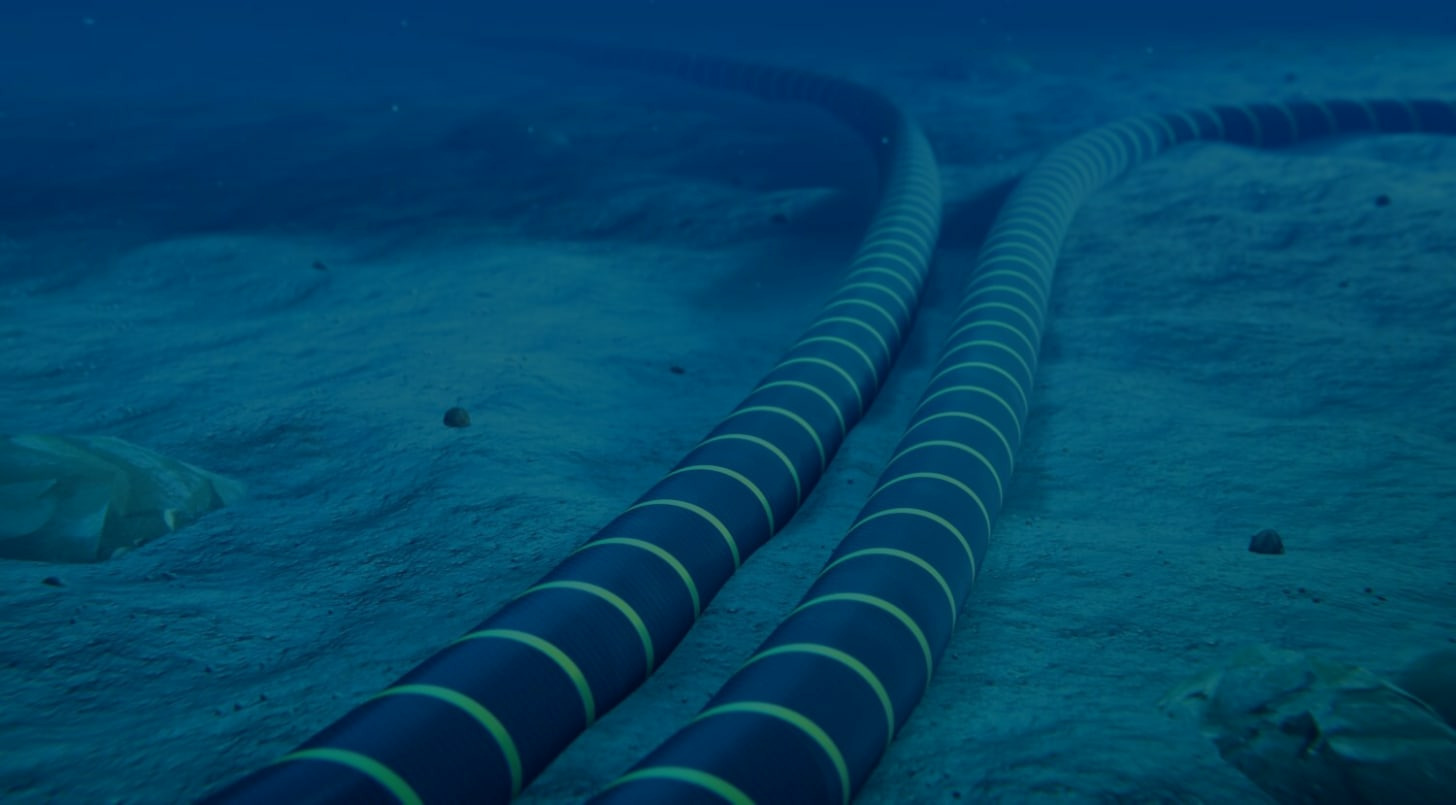
Editor’s note:
Our publication will go dark in September, which means all our stories will be behind a paywall. Subscribe so you don’t miss our stories this month and beyond!
Believe that our work carries real value? It’s $8 a month, or even less at our annual rate! It’s just about the cost of a bottle of sriracha!
Upgrade now to get full access!

You tweet. You Google. You read The Counteroffensive.
All of it rides through invisible arteries of the modern world – though they aren’t really invisible. Not if you know where to look.
Under the vast ocean lie more than 570 fiber optic undersea cables, coiled like worms, hidden on the seabed. They stretch across countries, carrying classified information, memes, your family photos, and troves of data.
But what if someone decides to snap one of those cables? That’s the problem world leaders are increasingly waking up to after a spate of attacks. The latest took place in January 2025, when the submarine network connecting Swedish island of Gotland to Latvia was disrupted.
Undersea internet cables – vital arteries of global communication – have become targets in a new kind of warfare. With China brainstorming ways to cut off Taiwan, and Russia suspected of repeated sabotage across the Baltic and the North seas, the world’s digital backbone sits exposed.
While satellites like Starlink capture headlines, over 99 percent of global internet traffic still flows through these fragile seabed threads. Damage to just a few of them can disrupt economies, isolate nations, and trigger cascading effects far beyond the ocean floor.
The next major act of aggression might not involve missiles or troops – it could be quiet and unseen. And when the cables are severed and part of the world goes dark, no satellite will be able to handle the global demand in internet traffic we are all used to.
After the paywall:
How the ocean floor has quietly become a geopolitical front line of a ‘shadow’ war;
Why recent ‘accidents’ in the Baltic Sea and around Taiwan may not have been accidents at all – and whether China and Russia are behind them;
Will satellites like Starlink be able to replace the subsea cables if someone decides to cut the world off.

